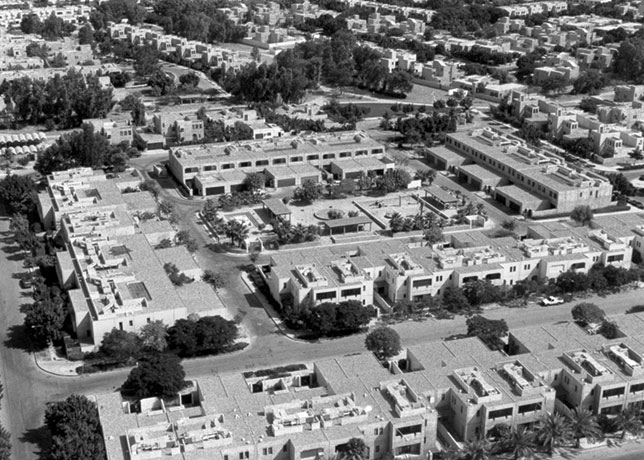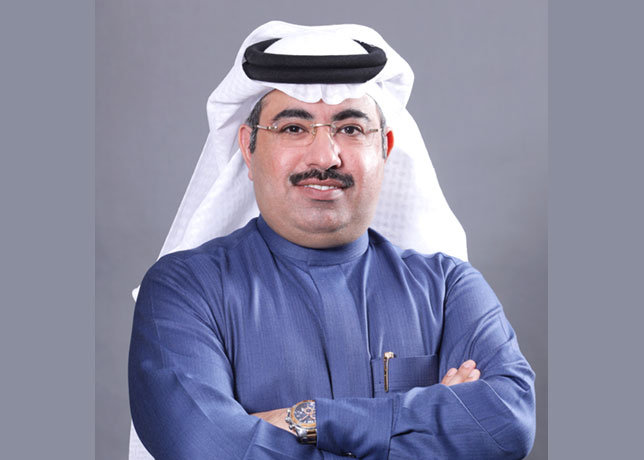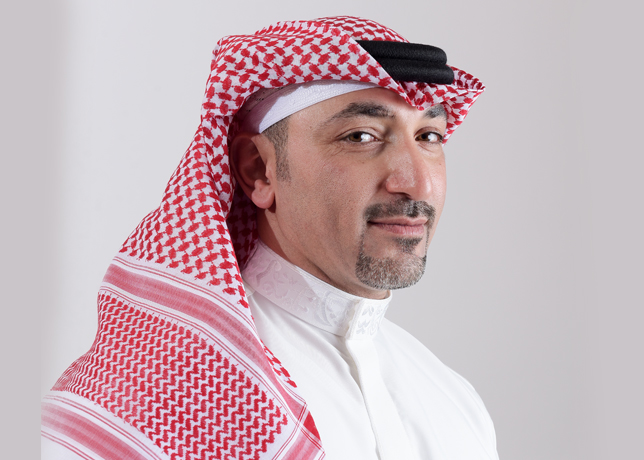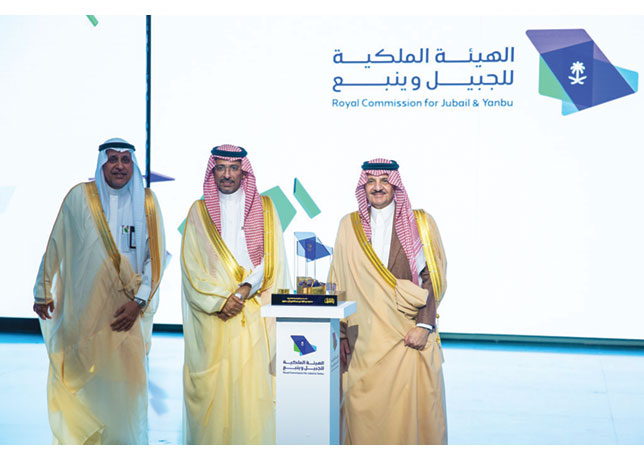
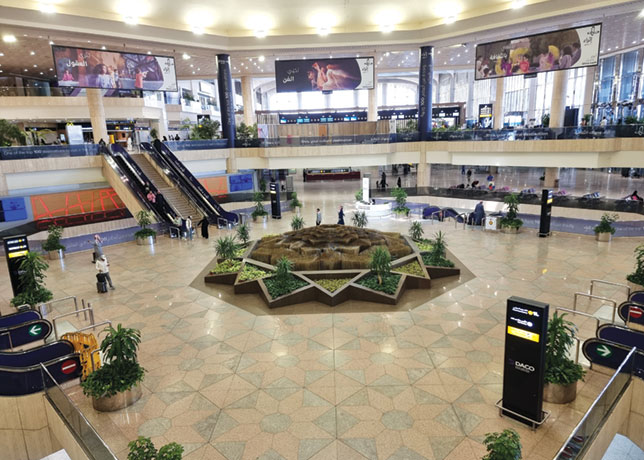 The nearest airport to Jubail is the King Fahd International Airport in Dammam
The nearest airport to Jubail is the King Fahd International Airport in Dammam
Despite having a comprehensive environment, high-quality infrastructure, and exemplary quality of life, facilities, and services, the cities under the Royal Commission for Jubail and Yanbu (RCJY) rely solely on daytime life.
The Commission is working to make the city more livable.
From a boring city in the 90s, the Jubail Industrial City today has changed, argues an official.
"There has been a transformation, but frankly speaking, more is needed, to satisfy the people," Engineer Khaled Al-Salem, President of the Royal Commission for Jubail and Yanbu (RCJY), said.
Jubail has a daytime population, also known as commuter-adjusted population, slightly higher than the resident population.
"We have 254,000 residents at night and we reach 380,000 during the day. This means around 125,000 people come and go. These come in the day to work in the factories and since they come and they do purchases, they're considered residents," Engineer Khaled Al-Salem, President of the Royal Commission for Jubail and Yanbu (RCJY), said.
The city is increasing its shopping centres. From two malls today, Jubail is expected to get a third by the end of this year, in addition to a five-star hotel and entertainment, Al-Salem said.
Yanbu, much smaller than Jubail, has only one mall. The Commission is working with Al Othaim Investment to get another mall, in addition to a five-star hotel and tourist resorts on the Red Sea coast that are under design.
RCJY is also working to promote tourism in its cities.
It has partnered with the Public Investment Fund (PIF) to operate cruises in Jazan.
"It's the first step we took in Jazan. While we get the factories, we asked what are we going to do in the city? So, we thought of making it a tourist attraction," said Al-Salem.
The priority now, he said, is not just an industrial city, but also a tourist city.
"And that's why we call it ‘industry and life’."
Al-Salem said commercial investments worth SR4 billion had been signed in 2023. That’s an increase of 23 per cent in just one year.
Unlike Yanbu, Jubail has no civilian airport. The only one there serves the military. But that might change soon.
Al-Salem said: "We have signed an agreement with Prince Khalid bin Salman, the Minister of Defence, and the General Authority of Civil Aviation, and we're now working with operators to operate the airport by the year-end."
The airport will initially start with private airlines and then gradually transition to commercial airlines.



















































































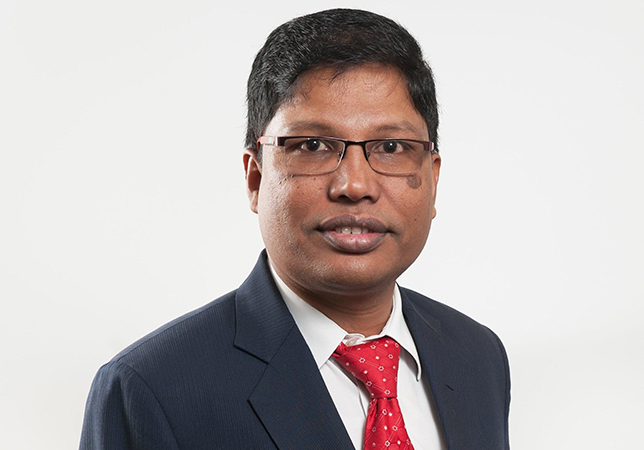
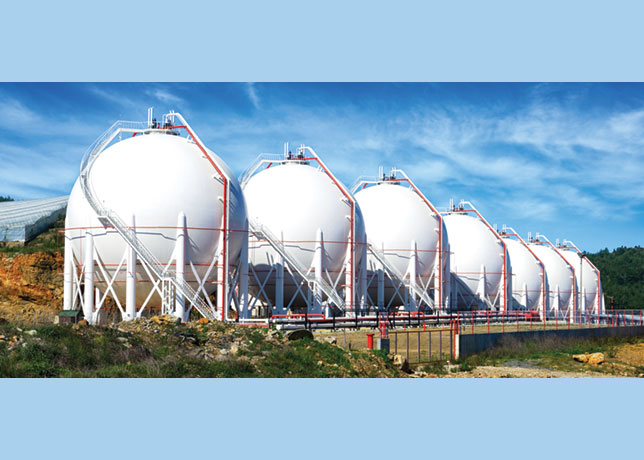
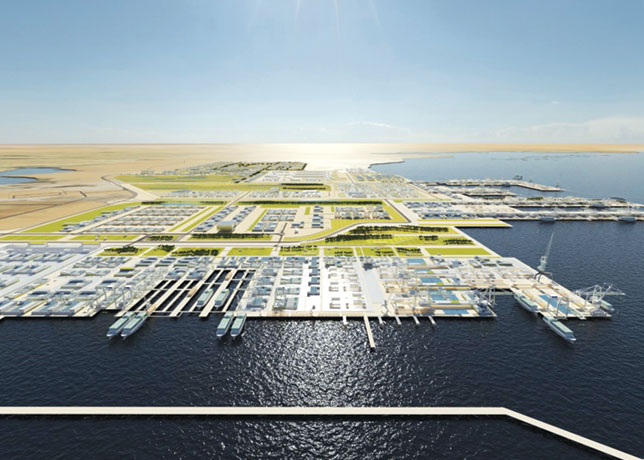
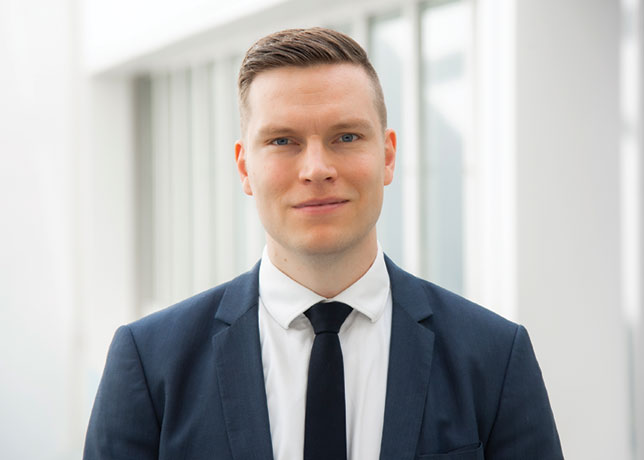
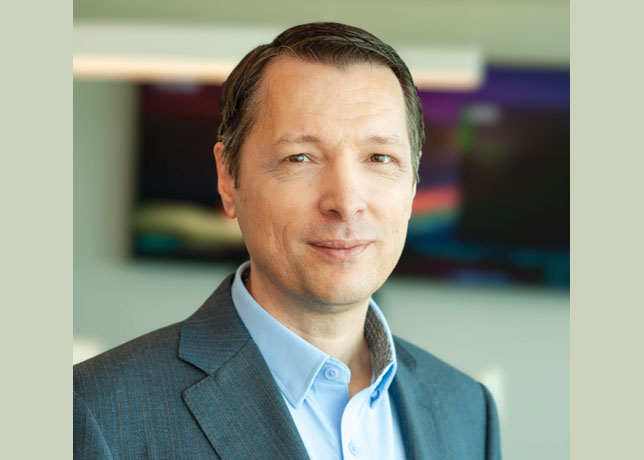
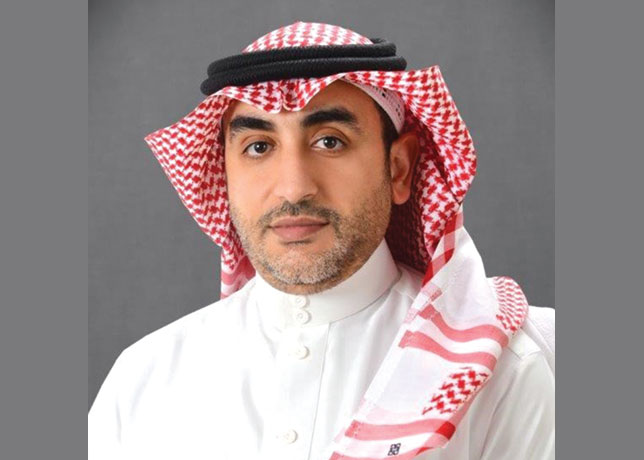
-with-Parab-(centre).jpg)
